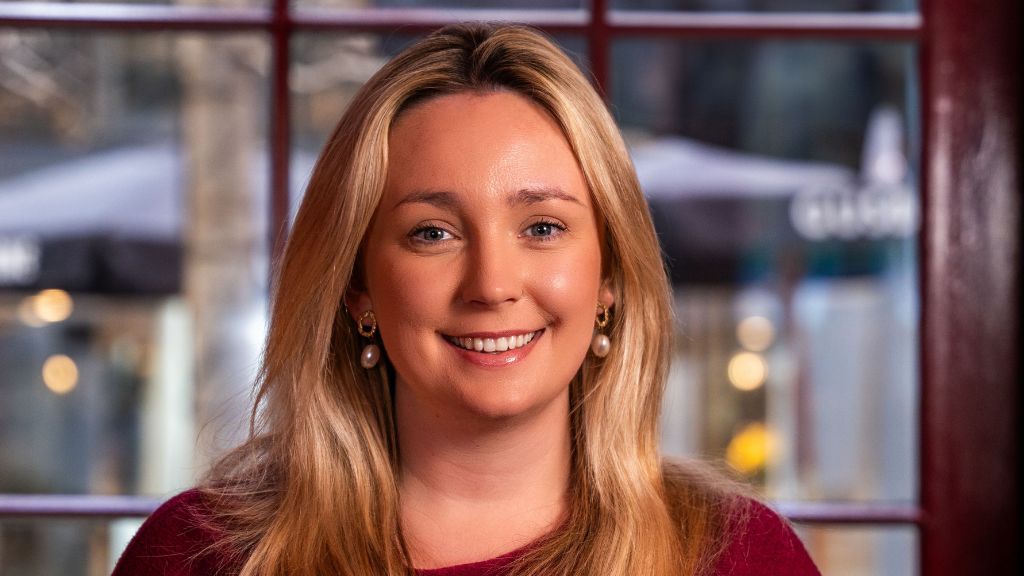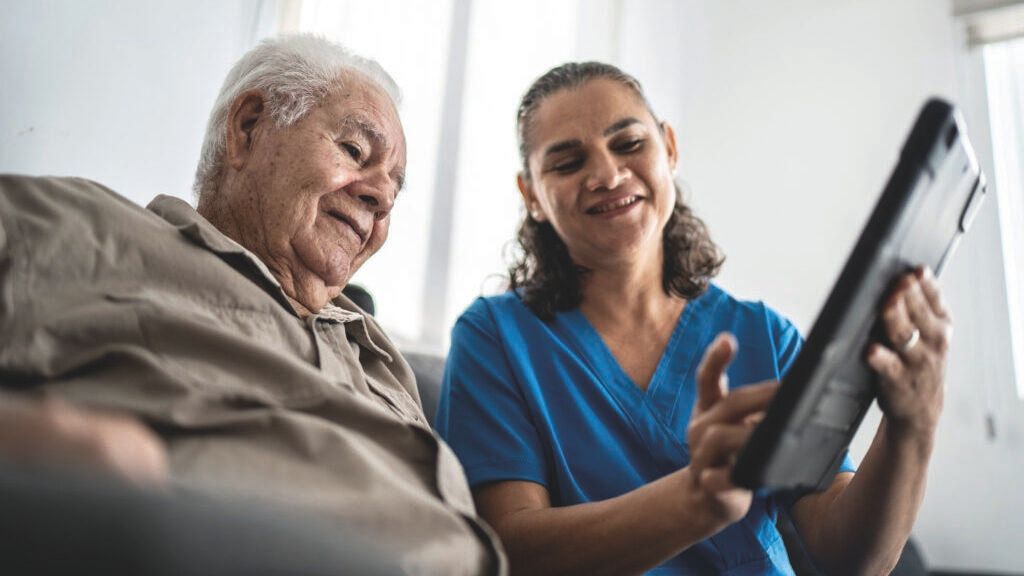There had to be a better way

Samir Patel, managing director of Oaklands Rest Home in Southampton and founder and chief executive of iCare Services, explains why he sought a digital solutions to support the people and professionals in his care
As an ‘early adopter’ of digital technologies in our family-owned care homes, I have always sought to share our experiences of implementing new digital systems with colleagues in social care so that they too can deliver improvements, and in the hope that they can avoid some of the mistakes I made.
We implemented a digital social care record solution more than 10 years ago. It was the worst £12,000 I ever spent. This powerful digital tool sat as a box on the wall that nobody ever used. That was because we didn’t take the time to help staff understand why we were doing it and the benefits it would bring to them and our residents.
My more serious admission is that our adoption of digital solutions was partly driven by incidents that I wished could have been avoided. I was also fed up of seeing nurses in one of our care homes writing somebody’s name and date of birth for what seemed like a million times a day. I knew there had to be a better way.
So that’s where we started, and we haven’t looked back since. Now we use everything from digital social care records to acoustic monitoring, which has revolutionised night-times in our homes in particular.
It’s a really clever bit of kit that allows us to monitor residents’ sleep patterns. Again, the idea was born out of my own experience – personal in this case. When my children were small and my sleep was constantly interrupted, naturally it was impacting my wellbeing, not to mention my mood. I started to think about the effect our staff’s two-hourly checks, and the broken sleep, must be having on the people in our care.
We implemented a simple plug and play system that learns an individual’s sleep patterns so it will send an alert to the carers if there is anything out of the ordinary, or if they try to get out of bed when they would usually have assistance. It’s allowed us to stop or reduce those disturbances. Not only has it transformed our night-time care for residents, it has also empowered our staff to make their own decisions about where to focus their time and attention.
Often with digital solutions there are knock-on, additional benefits that we didn’t even think of. This acoustic monitoring system has actually helped us to identify Covid cases much earlier – spotting and alerting the teams to changes in breathing or coughing – that means we test for Covid sooner and people are temporarily kept away from shared spaces and social areas earlier, reducing the spread of infection.
We are care providers, but we are also businesses. So being efficient is key, but providing quality care and offering great support to the people in our care and to their families is crucial. Very few people plan to move into a care home. Unfortunately, it’s more likely to come at a point of crisis, so people need support and they need time. If our managers and care teams are so tied up looking after people that they don’t have time to support families, then we are not meeting ours wider aims.
Now with multiple digital systems up and running well, we are focusing our efforts on digital upskilling. We now have an enormous quantity of data available to us. A home for 30 residents produces at least 3,000 data points a day. We need the skills and ability to make the most of that rich data to help us learn about and understand our residents better, to spot patterns and identify issues sooner, which will mean we can put in even better and more personalised care.
Of course, there is also the new ‘magic silver bullet’ of artificial intelligence. There is no doubt: it has enormous potential, but we are certainly not there yet and it will require careful understanding and control.
With my business hat on, if I can make some good decisions as a result of data and technology that means one of our residents can stay with us for an extra year or two, that’s good for business. But much more importantly, it’s amazing for them and their families if they are able to live longer and in better health, in a place where they are well cared for. It’s also amazing for our staff, who know and understand our residents better and can see what an incredible job they are doing.




